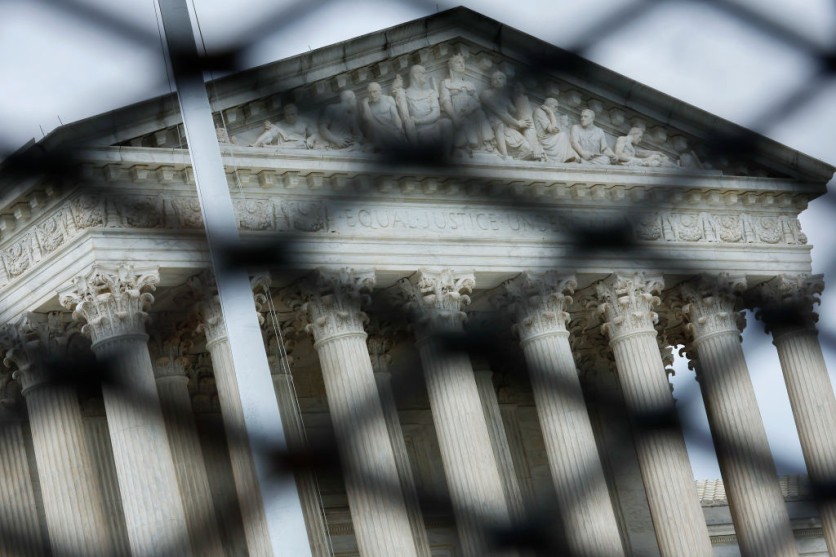Texas pushed for its HB20 law, a regulation that will remove social media censorship in the state and prevent Big Tech companies from banning people on the platform for the things that they do. However, it did not go as planned, as the United States Supreme Court blocked the appeal of the state's government to push for the law under the First Amendment provisions.
Texas Social Media Censorship Law Gets Blocked by Supreme Court

The US Supreme Court does not agree with Texas on their anti-censorship law on social media platforms, particularly with HB No. 20, which focuses on removing it under their jurisdiction. Texas Attorney General Ken Paxton defended that law in a proceeding with the Supreme Court, but it did not go as planned.
The law got a green light from Texas Governor Greg Abbott for its proceedings, and the state-backed it up for it to move forward with its observation. Texas said that it needs to have neutrality on specific topics, especially when posted online, not something social media platforms can change or hide from the world to practice free speech, the core of HB 20.
Censorship Lives On, First Amendment Rules
However, the US Supreme Court did not share the same sentiments as the lawmakers from Texas, focusing on blocking HB 20 from making it to their official books and enforcing its policies against the platforms. The US SC said that the First Amendment lives on among social media companies, and they have the right to do this under their jurisdiction as platforms.
Social Media Censorship
Social media censorship is a way for companies to control the content that floods into their platform. They focus on making the experience safe for all, with all ages available to access different content. However, some go against this as some people that got deplatformed got back up from Florida's Gov. Ron DeSantis.
Earlier this month, news regarding the Texas HB20 circulated online, and there were mixed reactions to this proposal that the state pushed for its application to its books. It would be one law that would take a higher stand against social media applications that are present in the state, and it will not be able to censor anything in the region.
Censorship is done for a reason, as there are people that go overboard with their posts and statements online, with some bordering on harmful or disturbing content, down to misinformation. Some of these may help prevent issues or conflict among its users, the state, and the companies involved, with the Supreme Court taking on censorship's side here.
This article is owned by TechTimes
Written by Isaiah Richard
ⓒ 2026 TECHTIMES.com All rights reserved. Do not reproduce without permission.




